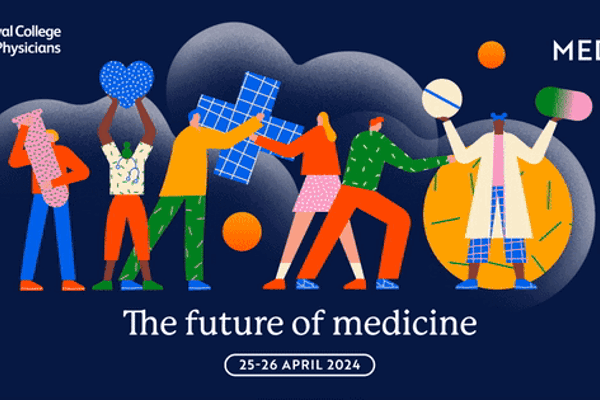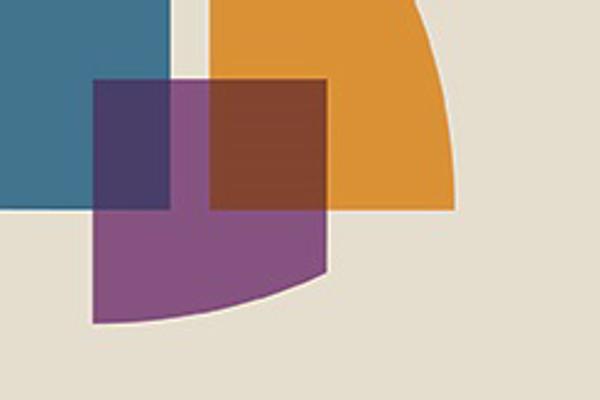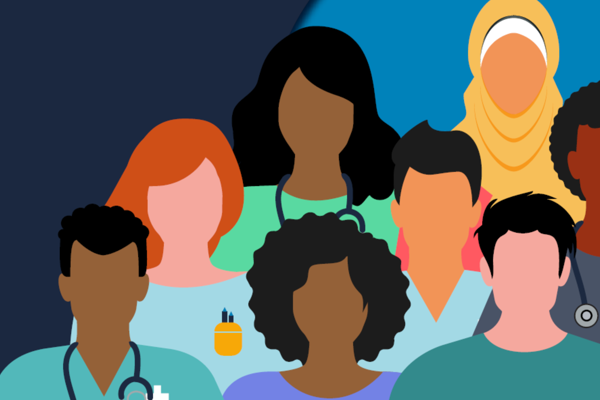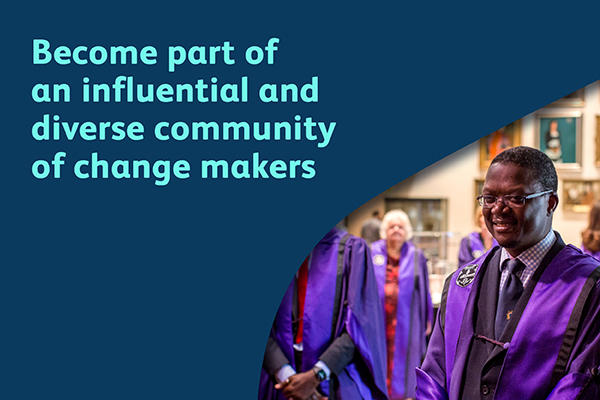Dr Catherine Hyams, a respiratory doctor in Bristol, shares her experience of juggling parenting and medicine while living through a global pandemic.
I always wanted to be a doctor. I was fortunate to have amazing teachers who believed in me, pushing me to get the grades I needed for medical school. In my first year, I fell in love with the infection parts of the syllabus and undertook an intercalated BSc in immunology. I did my research project on Streptococcus pyogenes and the research seemed to click, so I successfully applied to University College London’s MB PhD program.
I continued my research and completed my PhD and medical degree. I started training in London, eventually deciding on respiratory medicine, but also to work in academia. I applied to academic registrar posts, and discovered I was pregnant just before the interviews. I chose to move to Bristol because of the Academic Respiratory Unit, knowing my husband’s family lived nearby. I took maternity leave between SHO and SpR posts, moving cities with a new baby, and found it incredibly tough moving somewhere where I didn’t know anyone, didn’t have a car and didn’t know my way around. Life moves a little slower outside of London, and it took me a long time to adjust.
During the pandemic, trying to balance clinical work, research and home life has become harder. I’ve had to learn to set firm boundaries between work and home time
Stepping up to being registrar after maternity leave in a new hospital where I didn’t know anyone is without doubt the hardest thing I’ve done. I felt my knowledge was outdated, I questioned my judgement, and I was unsure what was expected of me. I returned full time (including on-call commitments), and juggling parenting and work was exhausting. After every on-call block, I’d go through a readjustment with our toddler, who would be less engaged with me as a result. I found it incredibly distressing. I was fortunate to have supportive supervisors, including strong female consultants, who have done the work–life juggling act; they provided me with outstanding pastoral care.
I continued working on research during my second period of maternity leave – not because it was expected, but because I felt the need to prove I could still perform at the same level as my male colleagues. In hindsight, this was unnecessary, although it did move my research forward – and I certainly didn’t expect to be undertaking research on respiratory infection in a global pandemic. The professors I’ve worked for have always treated me as equal to my male colleagues, encouraged me and, without hesitation, have understood when I needed to prioritise the kids.
During the pandemic, trying to balance clinical work, research and home life has become harder. I’ve had to learn to set firm boundaries between work and home time, including not answering emails during the weekend, or not taking phone calls at dinner, or constantly checking emails.
I’m still not very good at it, and still afraid that if I don’t pick up an email, then I might miss a research opportunity. I’ve also had to learn to tell people when there’s too much on my plate and to delegate tasks to other. My husband also works for the NHS, and we often find ourselves juggling childcare, work, and home – it’s a difficult balancing act that requires both of us to adapt to each other’s workloads and needs.
The surprise of this year has been seeing my daughter’s reaction to my work. While she’s missed spending time with me, she’s proud of my work and feels she is helping fight COVID-19. When I won the Turner-Warwick lecturer scheme last year, she wouldn’t put the plaque down – it was incredibly heart-warming. I’m astonished by her resilience, maturity and how she takes everything in her stride, including when I have to stay late at work. It is still hard feeling like you miss out on those little moments, but I worry less that I’ve damaged our relationship. I also worry less about my second child, perhaps because of the journey I’ve been on with my first.
Balancing academic medicine and family life is tough – you need resilience, determination, and tenacity – but I believe anyone can achieve this career if they want it. To others thinking about this career, I’d say you can pass up opportunities without your colleagues thinking less of you; if anything, they think more of you.
The biggest lesson I’ve learned in the past few years is to be kind to your family, those around you – and especially yourself. I’m not so concerned that I have to be ‘the perfect mother’ and I’ve realised that my daughter is learning how to have a career while being a mum through my example.
Would you like to share your experience of going into medicine? Get in touch on Twitter via @thisdoctorcan.




